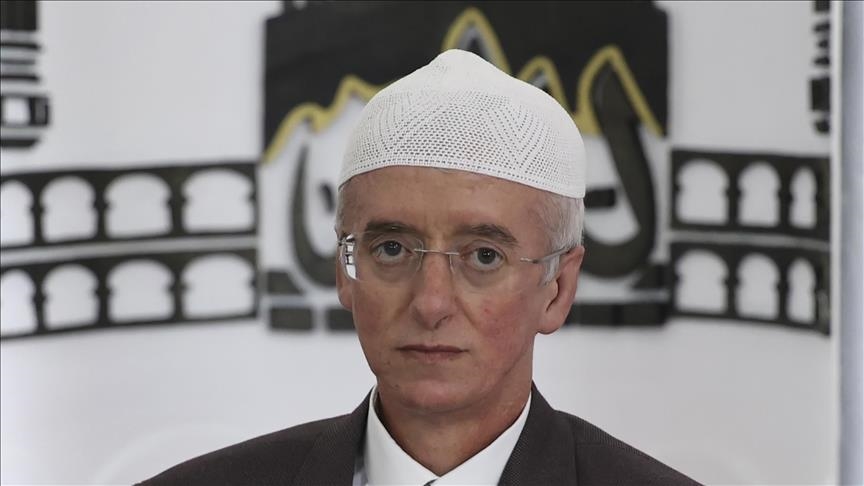ANKARA
Türkiye on Friday congratulated Mustafa Trampa on becoming the new Muslim cleric (mufti) of the Turkish minority in the Xanthi region of Western Thrace in Greece.
“Upon the passing away of Mufti Ahmet Mete, Turkish Minority in Xanthi elected today their new Mufti in an election they held in unity, solidarity,” said a Foreign Ministry statement.
Noting the “high turnout” at the elections, Ankara wished Trampa “every success in his efforts to protect and promote the rights and freedoms of the Turkish Minority in Western Thrace.”
“We also appreciate the efforts of the Advisory Board of the Turkish Minority in Western Thrace, who, against all the pressures, has made great efforts to organize the elections so that the results would reflect the will of the Minority,” it added.
Ankara called on Greece to “respect the religious rights and freedoms of the Turkish Minority, guaranteed by international agreements, in particular the Lausanne Peace Treaty, and human rights standards, as well as the will of the Turkish Minority.
“As is the case until now, we will continue to defend the rights and freedoms of our kinsmen,” a statement said.
Also Turkish Foreign Minister Mevlut Cavusoglu congratulated Trampa on Twitter for his new post.
“We expect Greece to respect the will of the Turkish Minority,” said Cavusoglu.
“We will always follow the rights and freedoms of all our kinsmen,” he added.
Cavusoglu spoke with Trampa over the phone to congratulate him, the ministry said in a separate statement.
Greece’s Western Thrace region — near the country’s northeastern border — is home to a substantial, long-established Muslim Turkish minority numbering around 150,000.
The rights of the Turks of Western Thrace were guaranteed under the 1923 Treaty of Lausanne, but since then the situation has steadily deteriorated.
After a Greek junta came to power in 1967, the Turks of Western Thrace started facing harsher persecution and rights abuses by the Greek state.
The Turkish minority in Greece continues to face problems exercising its collective and civil rights and education rights, including Greek authorities banning the word “Turkish” in the names of associations, shuttering Turkish schools, and trying to block the Turkish community from electing its muftis.
In addition to violating longstanding treaties, these policies are also often in blatant violation of European Court of Human Rights rulings.
Elected muftis in Greece
In Western Thrace, muftis have legal jurisdiction to decide on family and inheritance matters for the local Turkish Muslim community.
Mufti elections have been an issue since 1991.
Their election by Muslims in Greece was regulated in the 1913 Treaty of Athens with the Ottoman Empire and was later included in Greek law.
However, Greece annulled this law in 1991 and started appointing muftis itself.
Most Muslim Turks in the cities of Komotini and Xanthi do not recognize the appointed muftis and instead elect their own, who in turn are not recognized by the Greek state.

